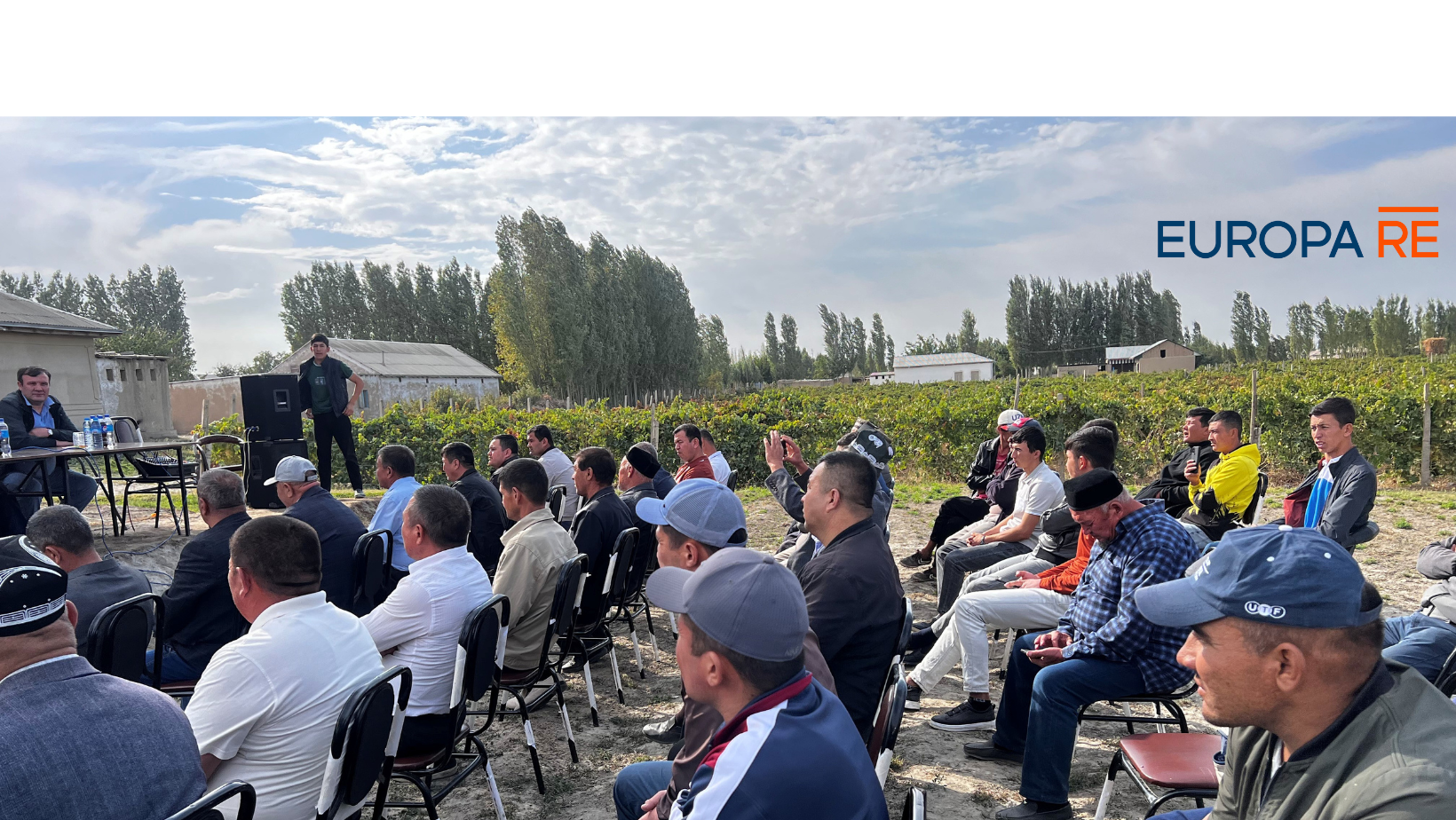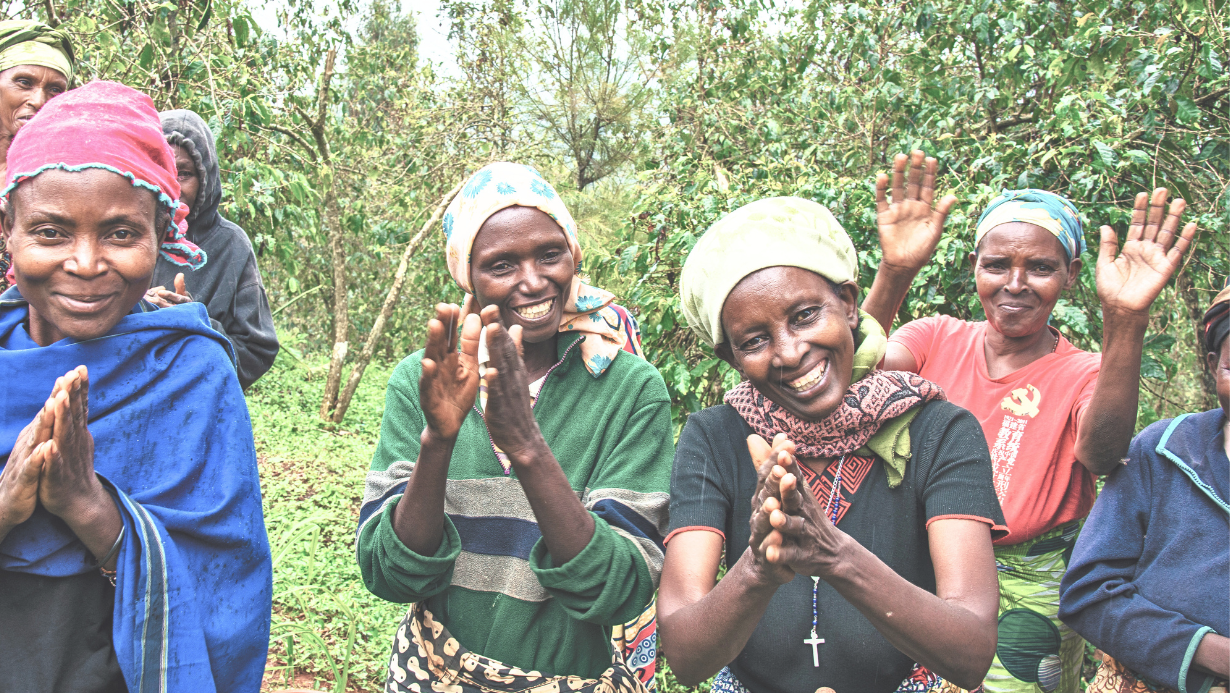SCBF's interventions in advancing financial inclusion in West Africa

Financial inclusion in West Africa has made notable strides in recent years, but significant gaps remain, particularly among women and rural populations. Efforts are ongoing to bridge these gaps. Swiss Capacity Building Facility (SCBF) has been supporting projects in West Africa for over a decade and continues to focus on driving financial inclusion in the region. Since its inception in 2011, SCBF has partnered with financial sector players to support over 43 projects across nine countries, with the aim of enhancing financial accessibility for underserved populations, especially women and rural communities.
Drawing on experiences from SCBF-supported completed and ongoing projects, a report has been compiled to provide a contextual analysis of financial inclusion in West Africa and an overview of SCBF's engagements in the region. It aims to share insights, learnings, and demonstrate the effectiveness of SCBF's approach.
SCBF’s initiatives in West Africa range from supporting fintech startups to collaborating with microfinance institutions and cooperatives. A core strategy has been providing soft capital to de-risk private sector investments, thus encouraging innovation in financial inclusion.
Key Takeaways from SCBF’s Engagements
- Focus on women and rural populations: Women and rural populations remain among the most financially excluded groups in West Africa. A holistic approach that combines skills development, mentorship, and technology, alongside traditional social networks, has been instrumental in reaching these demographics.
- Client-centric products and financial education: Financial services tailored to the specific needs of low-income populations, coupled with financial literacy programs in local languages, have led to greater adoption and usage. These interventions have proven especially effective when designed with real-time data on local needs.
- Digitisation and embedded finance: As digital transformation expands across the region, technology-enabled approaches help bridge the infrastructure gap. SCBF’s projects that combine fintech solutions with traditional financial services are making headway in reaching remote and low-income populations.
Looking Forward: SCBF’s 2030 Strategy
SCBF’s long-term vision is centered on expanding financial inclusion in three key areas:
- Financial Enablers: Focusing on the infrastructure and ecosystem needed to make financial services accessible, including digital infrastructure, data privacy, and financial literacy programs.
- Agriculture: Enhancing productivity, market access, and resilience among smallholder farmers and agricultural SMEs.
- Health: Improving access to health services by reducing out-of-pocket expenses and promoting universal health coverage.
As SCBF continues to push for inclusive finance, new tools like repayable grants, impact-linked payments, and revenue-sharing agreements, alongside technical assistance grants, will play a crucial role in driving innovation and supporting underserved populations.
SCBF’s projects in West Africa offer invaluable lessons for fostering financial inclusion, particularly through client-centric products, digitization, and targeted interventions for women and rural populations. However, significant challenges remain, especially in addressing the gender and urban-rural divide in access to financial services. By leveraging technology, fostering collaboration, and introducing innovative funding mechanisms, SCBF is paving the way for a more inclusive financial future in West Africa.
Looking ahead to 2030, SCBF’s focus will remain on building resilience in the region, with an emphasis on climate change adaptation, women’s inclusion, and improving access to both health and financial services.
Read the full compendium here: SCBF's Strategic Interventions: Expanding financial inclusion in West Africa - A compendium of projects
Picture Credit - Annie Spratt, Unsplash




.png)
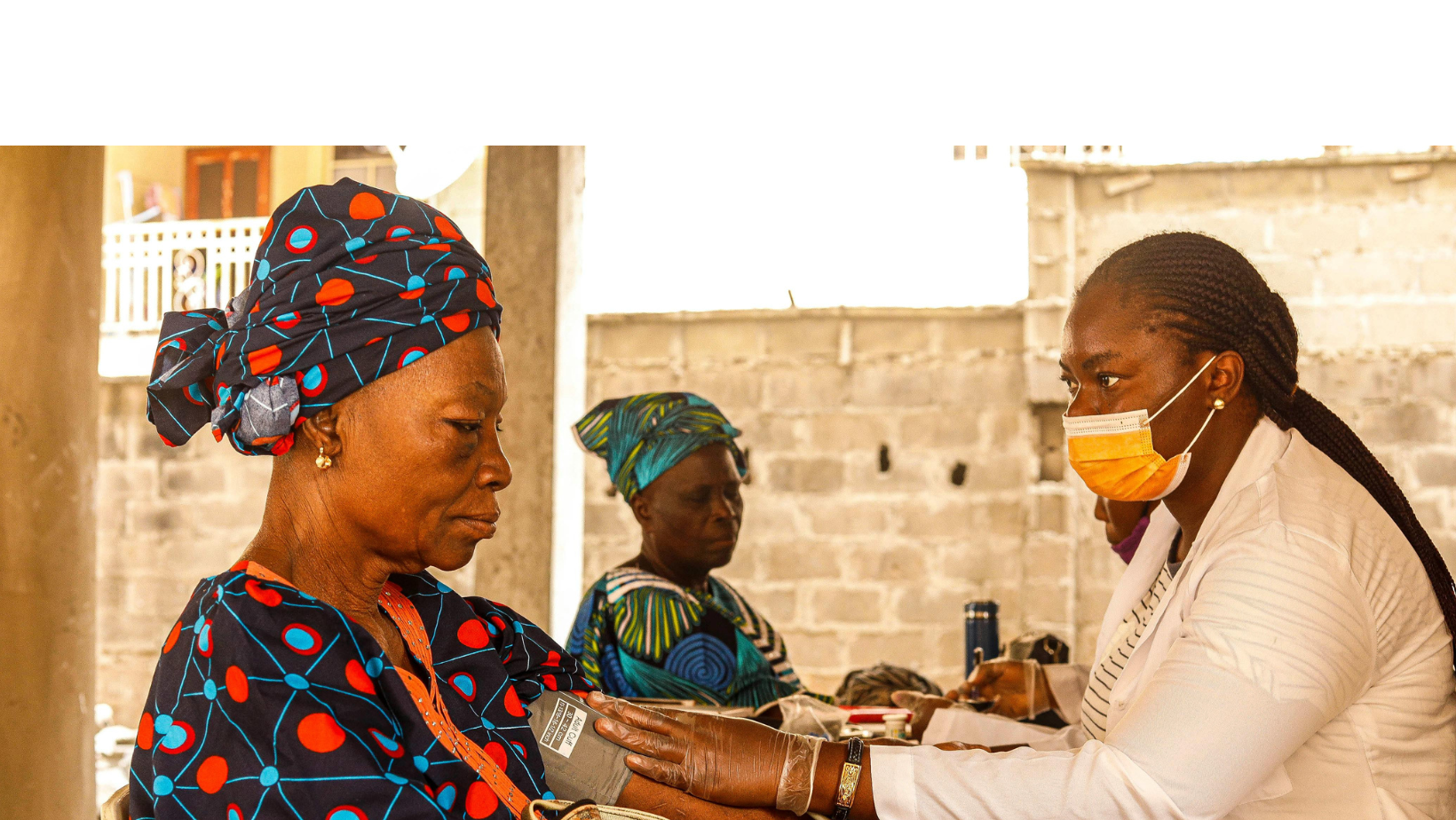
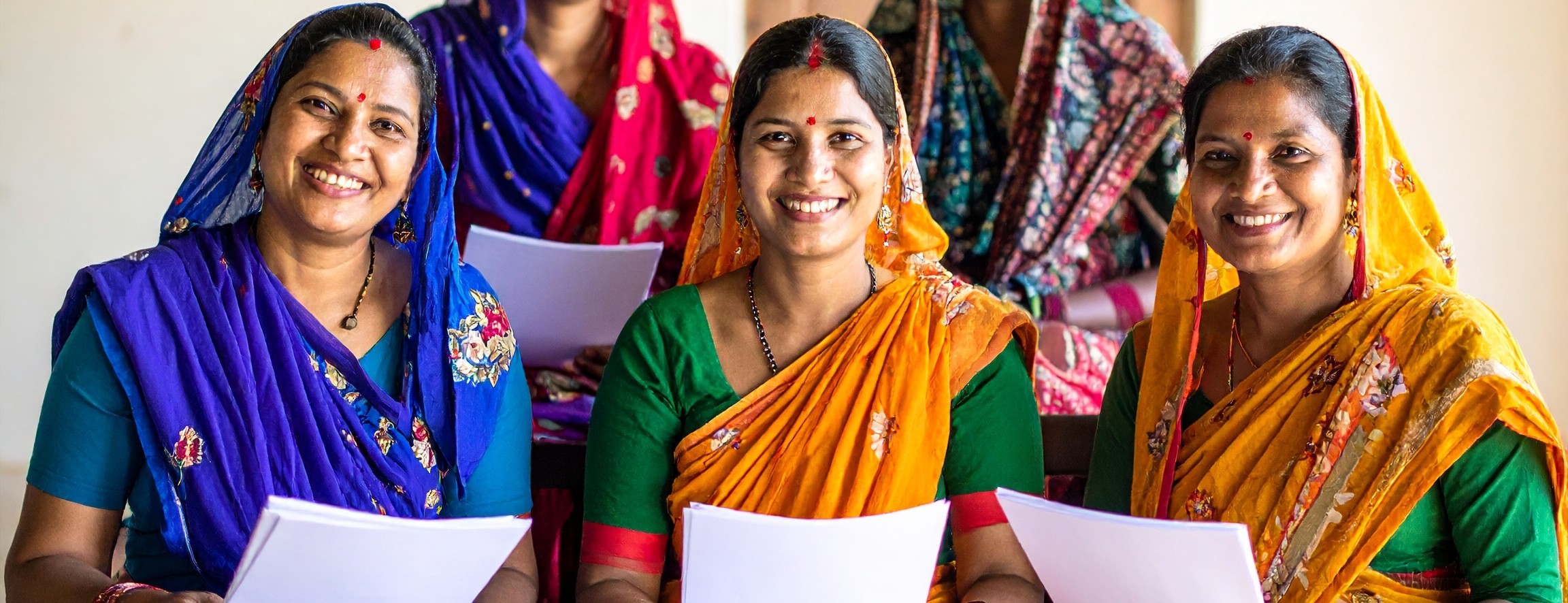









































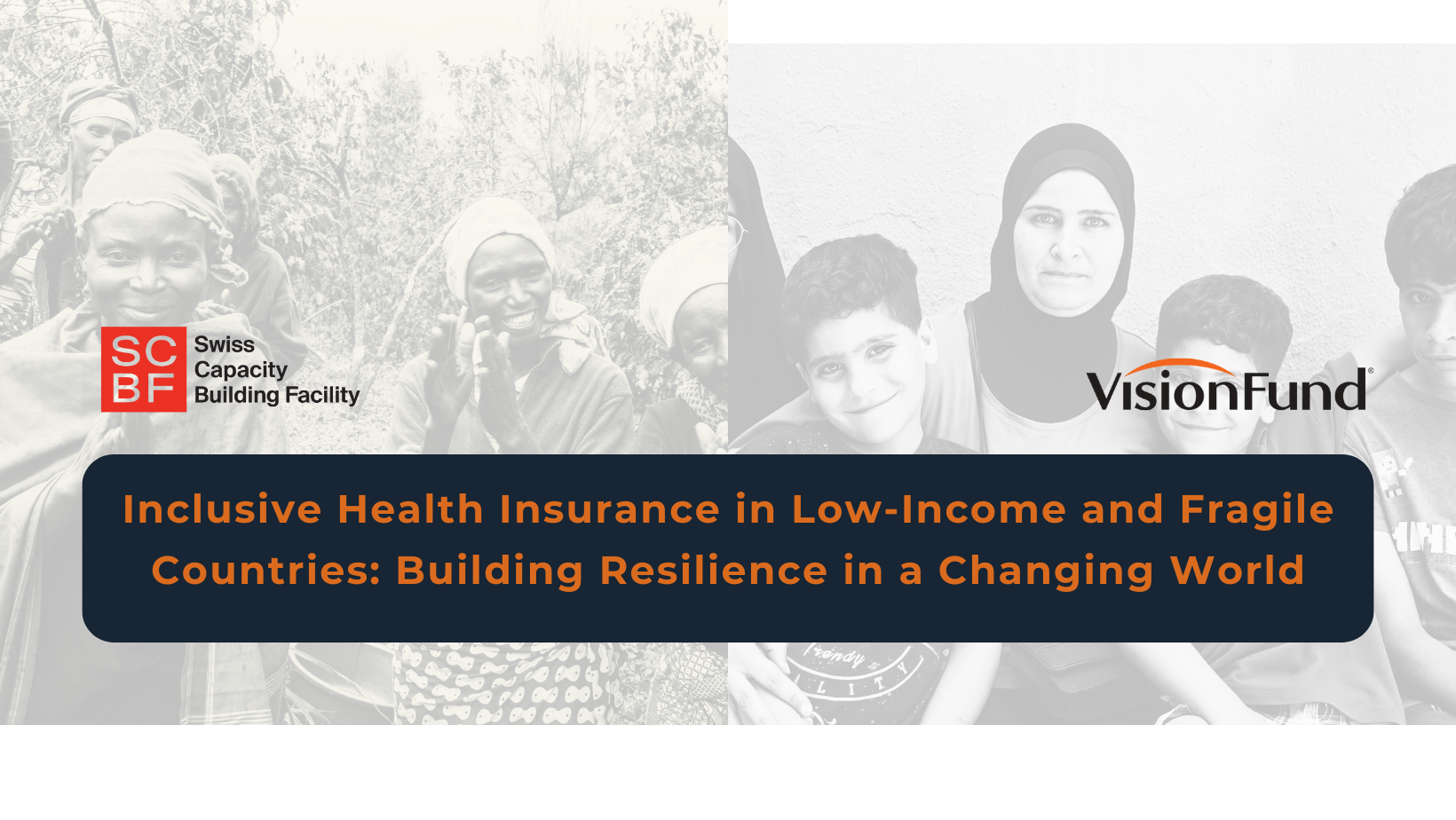









.png)








